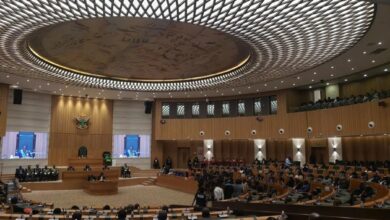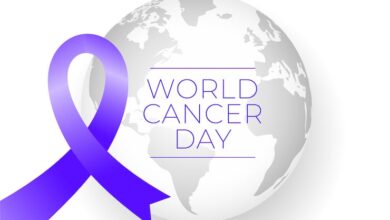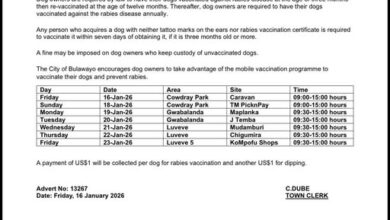USAID Work Stop Order Disrupts National AIDS Council Efforts in Gokwe South

Jonathan Sibanda
Gokwe South has recorded notable progress in its HIV response through collaboration between government ministries, community leaders, and non-governmental organizations.
National AIDS Council (NAC) District AIDS Coordinator for Gokwe South, Isaki Livson Chiwara, said the district now has the second-lowest HIV prevalence in the Midlands Province, standing at 9.2 percent among adults aged 15 to 49.Chiwara attributed this progress partly to the district’s remote geography and poor road networks, which he said limit mobility and may reduce exposure to high-risk environments.
He also highlighted the role of various partners working with the council.These include Zimbabwe Youth Interventions, which supports healthcare delivery at clinics; Zvandiri, focusing on young people living with HIV; and the Adult Rape Clinic, which provides psychosocial support, treatment, and economic strengthening for survivors of sexual violence.Other contributors are the Department of Social Development, which offers safety and counseling for abused children; the Ministry of Women Affairs, addressing gender-based violence; CeSHHAR, supporting key populations such as sex workers; as well as traditional leaders and community structures, who help raise awareness and fight stigma.According to Chiwara, these partnerships, together with the Ministry of Health and Child Care, have ensured that HIV interventions continue despite limited resources.
However, he noted that Gokwe South has been affected by the United States government’s work stop order, which has disrupted USAID-funded programs.Chiwara expressed concern over the closure of the DREAMS program, which had supported adolescent girls, young women, and sex workers in urban Gokwe.“Unfortunately, we had the DREAMS Program, which also catered for sex workers. They had opened a drop-in center in town where many sex workers accessed services and also had a safe space to relax. But because of the work stop order, those operations have since stopped. We only remain with the highway team, which continues to service the district,” he said.
The DREAMS program also ran clubs for out-of-school girls, offering life skills training, mentorship, and sporting activities. Chiwara warned that its closure has left many vulnerable.“We are most likely to lose some of those girls to pregnancy, and if it has something to do with sexual activity definitely, we will have some getting infected,” he said.
The suspension has created a significant gap in HIV prevention efforts, particularly for high-risk groups. While community resilience and local partnerships continue to sustain interventions, the absence of DREAMS has left many without critical services and safe spaces.





